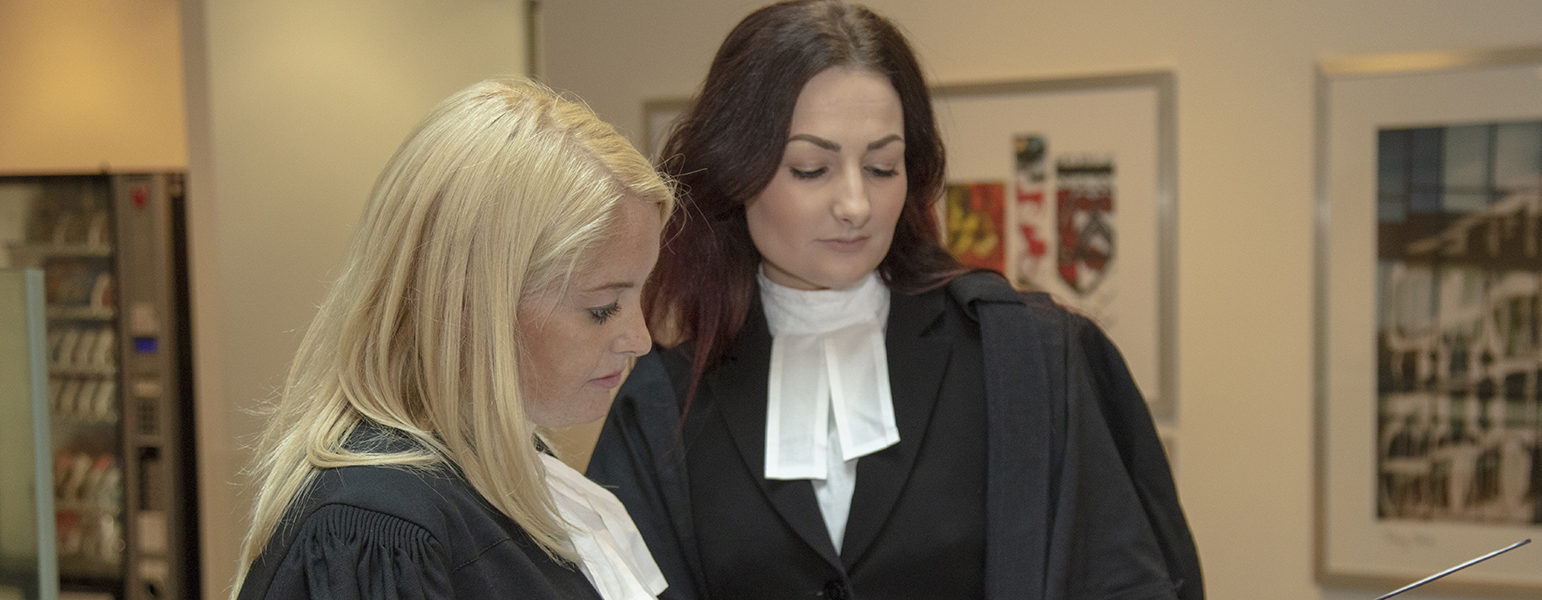Mental Health Prosecution Guidance
Mental Health Conditions and Disorders: Prosecution Guidance
On 12 March 2019, the CPS issued draft updated guidance for prosecutors in respect of mental health conditions and disorders. The guidance is in draft form pending the outcome of a public consultation which is open until 4 June 2019.
Key amendments to the existing CPS legal guidance include:
- Signposting CPS lawyers to key policy documents, the introduction of statutory definitions and basic definitions.
- Issues which a prosecutor might confront during the lifespan of a case: the decision to prosecute; fitness to plead and / or stand trial; remand considerations; defendant special measures; sentencing and diversion.
- Additional information about a variety of mental health conditions with relevant websites links.
- A more detailed discussion on a range of public interest considerations.
- Local liaison and diversion services and more information on when diversion may be appropriate.
- Equality Act 2010 which comes into play when a defendant may be entitled to reasonable adjustments and special measures when giving evidence.
- Issues surrounding ‘fitness to plead’ have been expanded.
- ‘Sentencing’ addresses the types of disposal and the availability and conditions of each sentence.
The CPS Consultation seeks views on the following areas:
- Information prosecutors need about each mental health condition or disorder
- Appropriate public interest factors
- Appropriate factors when considering diversion from prosecution
- Whether the “fitness to plead” procedure is set out clearly and accurately
- Any other general observations about the proposed guidance
Why is it important?
The World Health Organization (WHO), describes mental health as “a state of well-being in which the individual realises his or her own abilities, can cope with the normal stresses of life, can work productively and fruitfully, and is able to make a contribution to his or her community.”
The ICCA regards the understanding of mental health issues and the ways in which poor mental health can impact on a case as an important element of criminal practice for both prosecution and defence barristers.
It is a complex area concerning cognitive, behavioural, and emotional wellbeing and practitioners regularly encounter a wide range of conditions and developmental disorders which bring sharply into focus the mental health of a client or a witness. Mental health conditions can impact on an individual in many different ways. It is not always an impact on the offending but practitioners need to fully understand the consequences of when that is relevant. Each case is fact-specific.
Most practitioners are familiar with the more common mental health conditions but there are many cases where a client or a witness is suffering from a combination of disorders.
During our work on vulnerable witness training and youth justice advocacy, the ICCA has become acutely aware of the complexities faced by practitioners dealing with a multitude of mental health factors. For example, in the R v George Graham case on the A&V National Training Course, the witness, Caroline Lloyd, has ADHD and is also on the autistic spectrum. It was important for delegates to completely understand the way in which that witness’s combination of issues impacted on her ability to give evidence. The same considerations would apply equally, if not more, to a defendant.
The ICCA is putting together a working party to develop a response to the CPS consultation. We are also starting work on a guide to assist practitioners to understand and manage this complex are of practice in respect of defendants, clients and litigants in person.
If you would like to help us prepare a response or are interested in being part of the working party, please contact the ICCA Director of Programmes at lgibbs@icca.ac.uk


